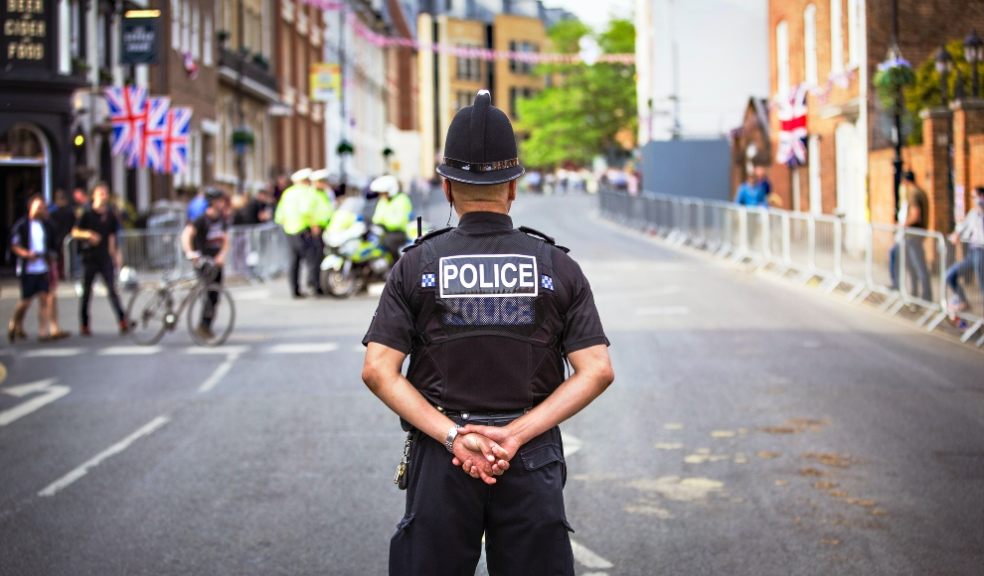
New driving laws for 2023 - and a few old ones that might catch you out!
A new year often brings with it some laws, and 2023 has been no different. Used car buying service ChooseMyCar.com has compiled a list of the new driving-related legalities that will come in this year - as well as a list of lesser-known regulations that may catch you out.
Some of the new regulations are regional, but are a good indicator of what may happen across the whole of the UK in the months and years ahead. Many are being introduced to tie in with the Government’s green agenda, while some are aimed at reducing accidents.
Founder of ChooseMyCar.com, Nick Zapolski, said the new rules must be well-publicised or they may well catch drivers out.
“Changing clean air or low emission zones, or local speed limits, is a great idea to reduce pollution and lower accident levels. But local councils must make sure they are sufficiently publicising these changes, or many drivers will get caught out.”
New rules for 2023
Fuel duty likely to increase in March
While we’ve all been enjoying the slightly lower cost of fuel, plans are underfoot to raise fuel duty. The Government made the decision last year to lower tax on fuel by 5p for 13 months, but it is widely believed that this will be scrapped in the Spring, resulted in fuel going up by up to 12p per litre.
Targeted enforcement areas
Problem roads may now be targeted with individual enforcement methods. Bristol is just one city where problem sites will be monitored, hoping to catch bad driving behaviours such as illegal u-turns, driving the one way down one-way streets, and making turns in a direction that is prohibited.
Clean Air Zones (CAZ) to be implemented in Scotland
Glasgow became the first city to use CAZ last year, but now it plans to install cameras to catch and monitor those vehicles which don’t meet its standards. However, don’t panic yet as enforcement won’t start until 2024, when other areas may also roll out CAZ.
Low Emission Zone to be extended
As of August 29, 2023, the ULEZ (Ultra low emission zone) will extend to cover all London boroughs. If your vehicle doesn’t meet the emission requirements, you face a daily charge of £12.50 - even if you live within the zone.
Pavement parking could be banned in Scotland
Campaigns have been underway for several years to ban parking on pavements in Scotland, and it was actually approved back in 2019. However, this year the ban may well come into place, meaning that Scotland will fall into line with London and Wales, where it’s already illegal to park on pavements.
New 20mph zones
Many roads in Wales will see their speed limits drop from 30 mph to 20 mph, as of September 2023. The roads affected are “restricted roads”, meaning they are built up residential areas. The new measures aim to reduce road collisions, encourage pedestrians and cyclists to use the roads, improve safety, health, and wellbeing, and help reduce emissions.
Old laws you might not know about
Honking your horn in aggression, swearing, or using rude gestures towards other road users
Many of us have been guilty of this one, but actually, behaving like this could see you with a fine of £1,000. This is due to the Crime and Disorder Act 1998, which prohibits aggression at the wheel. You could also be stopped for driving without full control of the vehicle, which could get you points on your licence, as well as a fine.
Using your Aircon “incorrectly”
The recent heatwave probably means most of us won’t fall foul of this rule - but Highway Code 237 insists that drivers keep their cars “well ventilated” at all times. Apparently, this is more to do with drowsiness than overheating, and if you’re deemed to be incorrectly ventilating your car, you could face a fine of up to £5,000!
The wrong sunglasses
This seems like lunacy, but according to a combination of rules, wearing the wrong glasses might cost you up to £5,000 or 9 points on your licence. While code 237 states that drivers should slow down - or even stop - if their vision is affected by sunlight, Rule 97 says the clothing you wear shouldn’t affect your ability to control the vehicle. Technically, this means that wearing -fitted sunglasses that cause a blind spot, or too darkly tinted, could see you pulled over and fined.
Leaving animals in cars on hard shoulder
Most motorists are aware that if they break down on the motorway, they and their passengers should vacate the vehicle immediately and find a safe place to await help. But what many don’t know is that they can’t take any pets with them! Rule 56 of the Highway Code states that pets cannot be on the hard shoulder in any circumstances; failure to comply can result in a fine of up to £2,500
Wearing flip flops and hiking boots can see you walking into court
Some will know that flip flops are not deemed to be suitable footwear for driving - but walking boots and high heels are also not acceptable. Rule 97 of the Highway Code states that drivers must wear shoes and clothes that do not prevent you from using your vehicle controls in the correct manner. But there’s an easy fix - there’s no fine for driving barefoot!
Taking some prescription drugs before driving can be illegal
Many commonplace prescription drugs could see you fall foul of the Road Traffic Act 1988, section 4. This makes it an offence to drive or attempt to drive under the influence of certain drugs. Driving while taking drugs such as the commonplace Codeine can see you facing a driving ban. Always check before driving if you are taking any prescription drugs.
Drinking in a camper van/motorhome
The whole point of a motorhome is to have a home on wheels, so many motorhome or camper van owners will have had a drink while parked up. However, the Road Traffic Act 1988 states that no one in charge of a mechanically propelled vehicle should be under the influence of drugs and alcohol. Technically, this could mean that drivers can be charged even if they have no intention of driving the vehicle.
Drenching a pedestrian
Despite being depicted in many a TV or film comedy, it’s actually illegal to drench a pedestrian by driving through a puddle. Section 3 of the Road Traffic Act counts this act as “driving without reasonable consideration for other people” and can land you a £100 fine.
Driving too slow
ChooseMyCar.com research showed that more than 90 percent of UK drivers admitted to speeding - but actually the opposite of this is also illegal. Driving too slow on British roads can see you fined £100 on the spot, and even give you three points on your licence. If it goes to court, you could end up with an impressive £5,000 fine and nine points on your licence.
Parking your car after dark
One little known rule means that it’s illegal to park our car at the side of the road
facing against the direction of traffic after dark. This is due to HIghway Code 248, and going against this guidance can land you a fine of up to £2,500.













